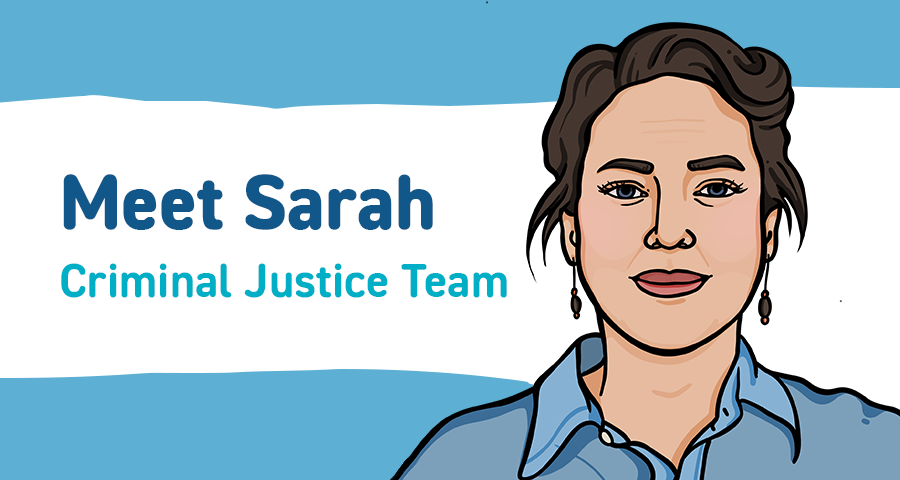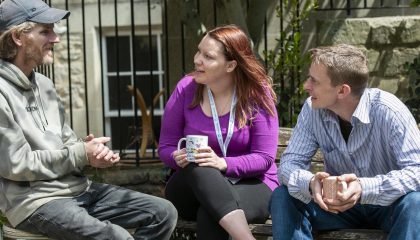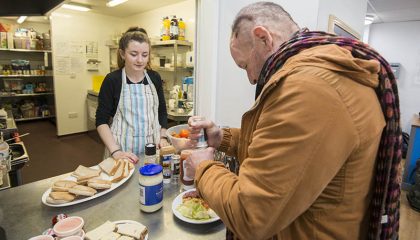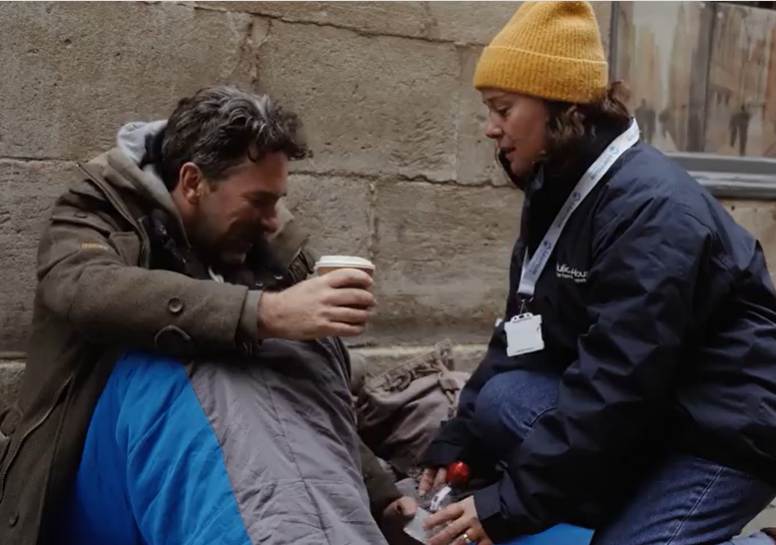
 Meet Sarah – Because of the sensitive nature of her work, Sarah prefers to stay anonymous, so her name has been changed.
Meet Sarah – Because of the sensitive nature of her work, Sarah prefers to stay anonymous, so her name has been changed.
As the Criminal Justice regional manager, she oversees a team of 25 people across Exeter, Bath, Bristol, Somerset, and North Somerset. They are dedicated to helping people leaving prison who are at risk of becoming homeless. The Julian House’s Prison Resettlement program provides more than just a place to stay—it offers a chance for a fresh start.
The issue of homelessness among ex-offenders has been particularly pressing in the UK. This challenge is exacerbated by the current housing crisis. The South West Reducing Reoffending Plan 2022-25 states that prison leavers without stable accommodation are almost 50% more likely to break the law again, and according to a report by Her Majesty’s Inspectorate of Probation, stable housing is one of the most critical factors in preventing reoffending.
On 12th July the government announced a policy on prison release, SDS40, preparing for certain groups of offenders to be released early from prison after serving 40% of their sentence to reduce overcrowding in prisons. This practice often leaves individuals without the support they need, and unprepared for life outside prison, increasing their risk of reoffending.
It has never been more important to focus on supporting people leaving prison to ensure they are able to access suitable accommodation and support. Sarah and her team are on the frontline of addressing this issue.
Julian House helps people both before and after they leave prison, ensuring they have safe and secure housing. This stability is essential for reducing the chances of them reoffending and helps them rebuild their lives (Recent statistics show (60%) of prisoners believed that having a place to live was important in stopping them from reoffending in the future).
Finding housing is just one part of the support they provide. Sarah and her team take a person centred approach, understanding that each person faces different challenges. They help clients deal with issues like debt, mental health problems, and substance abuse, aiming to break the cycles that often lead people back to crime. By focusing on these root causes, as well as providing a stable environment, they empower their clients to make positive changes in their lives.
“Trust is the biggest challenge we face,” says Sarah. “We work with people who have been let down by many others in their lives. It takes time to build that trust, but once we do, that’s when real change happens.”
It’s clear that, with overcrowding and increases in early release, supporting individuals leaving prison has never been more important.
“I have some really experienced staff who work to enable positive change in those who society has given up on. That takes something special to be able to stand by that person to consistently support them even after the whole world has given up on them. I take my hat off to my staff for that.”
Sarah and her team show how caring and hard work can help people turn their lives around. Their efforts highlight the crucial need for thoughtful and person-centred care in rehabilitation.






